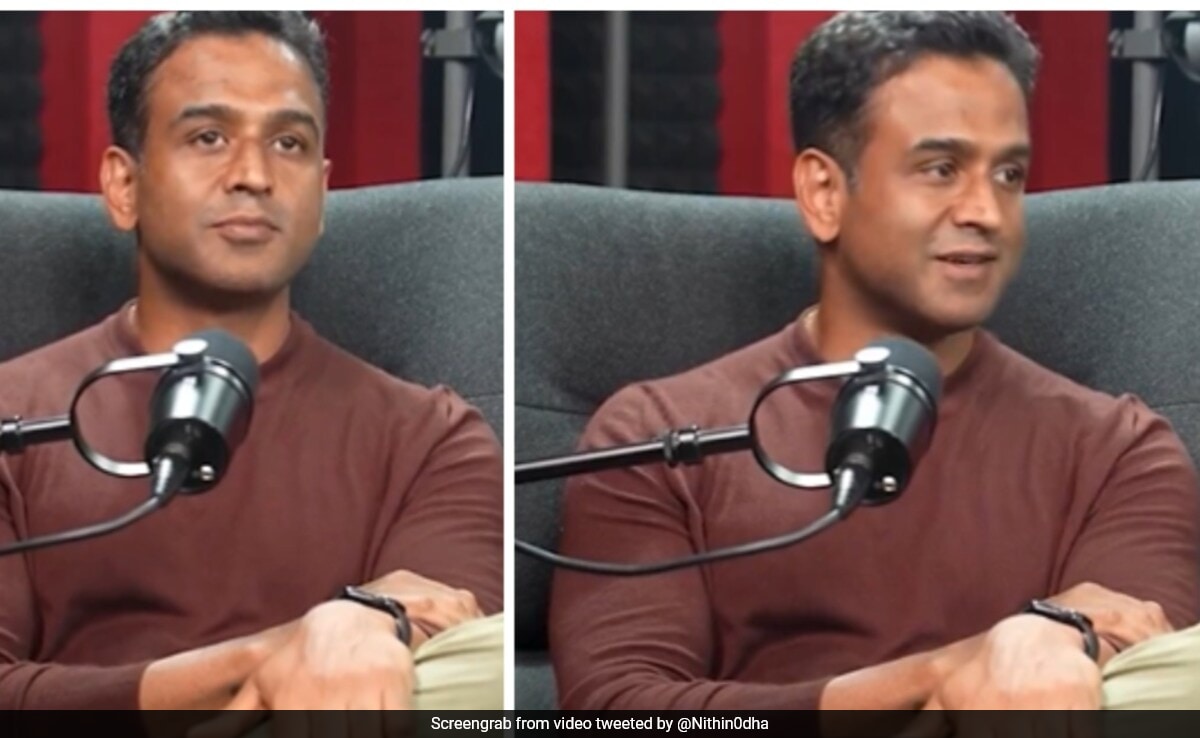Nithin Kamath, the co-founder and CEO of Zerodha, on Wednesday voiced his concerns about the growing threat of generative artificial intelligence (AI) technology and deepfakes to the financial services industry. In a video shared on X, he talked of the difficulty in being able to verify customer identities as digitisation becomes common.
”But as the deepfakes improve, I think it will only become harder over time to validate if the person on the other side is real or AI-generated. This problem will be bigger for banks that have more stringent regulatory requirements during onboarding,” Mr Kamath said in the 58-second clip.
However, in the end, he shockingly revealed that the person in the video was not him but a deepfake. ”And in this video, it isn’t me; it is my deep fake AI avatar,” he said.
Here’s the video:
The rise of AI technology and deepfakes pose a large risk to the financial services industry.
The tipping point for Indian financial services businesses was when onboarding became completely digital, thanks to Aadhaar, etc. For businesses onboarding a new customer, an important… pic.twitter.com/DI9Z1Q3jxY
— Nithin Kamath (@Nithin0dha) December 13, 2023
Many internet users were left stunned and said that they didn’t realise that it was not Mr Kamath speaking but a deepfake. One user said, ”The last bit was a jaw-dropping moment.” Another wrote, ”The last line was the killing note.”
However, a few people figured out that something was wrong with the video. Another added, ”It seemed so deepfake, otherwise u are a smiley person and that wasn’t there throughout the video.” A fourth wrote, ”Yeah, figured it wasn’t you. Lip sync, expressions, eyes, no laughter, no fumbling, and no pauses (had watched your and your wife’s interview last night.”
Notably, a deepfake is a type of synthetic media that uses artificial intelligence to manipulate or generate visual and audio content, often with a malicious motive, to appear authentic.
Deepfakes, a potent blend of real and fabricated media, have emerged as a formidable threat to public trust and truth. By creating convincing videos and audio recordings of people saying or doing things they never did, deepfakes can manipulate public perception, spread misinformation, and tarnish reputations.
Recently, several ‘deepfake’ videos targeting celebrities like Rashmika Mandanna, Katrina Kaif, Kajol, and Ratan Tata went viral, sparking public outrage and raising c oncerns over the misuse of technology and tools for creating doctored content and fake narratives.
Last week, Union Minister Rajeev Chandrasekhar met social media platforms to review progress made by them in tackling misinformation and deepfakes and asserted that advisories will be issued to ensure 100 per cent compliance by platforms.














